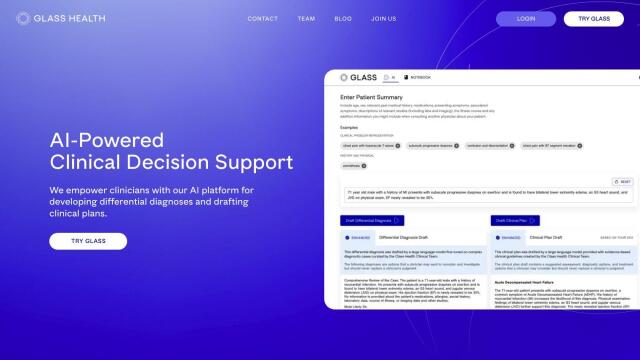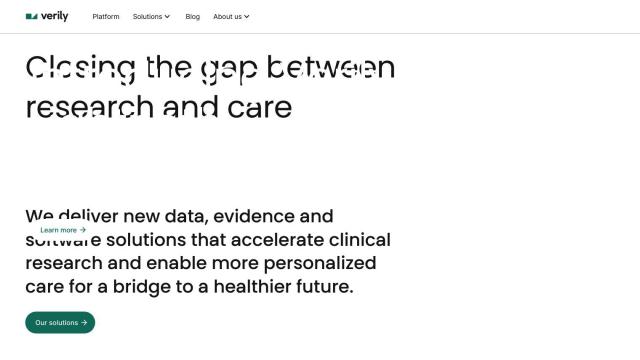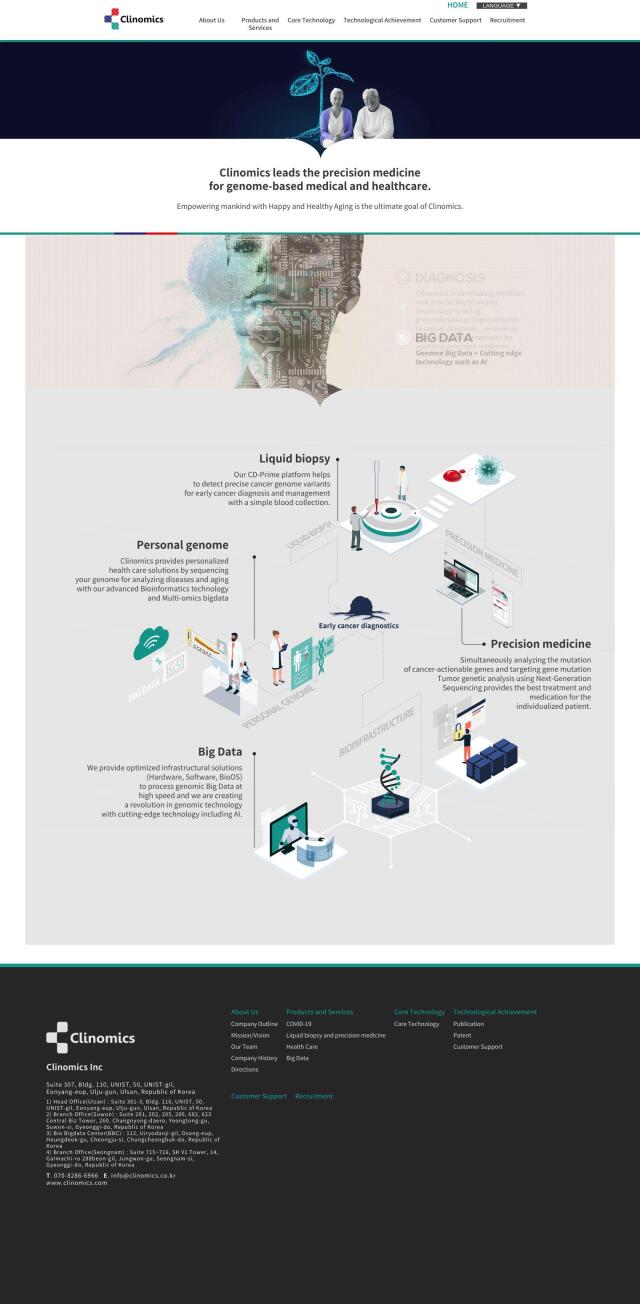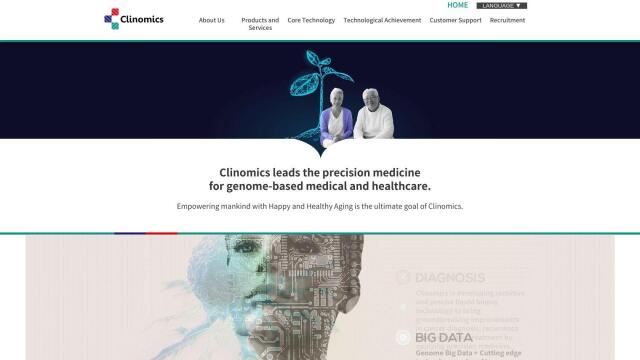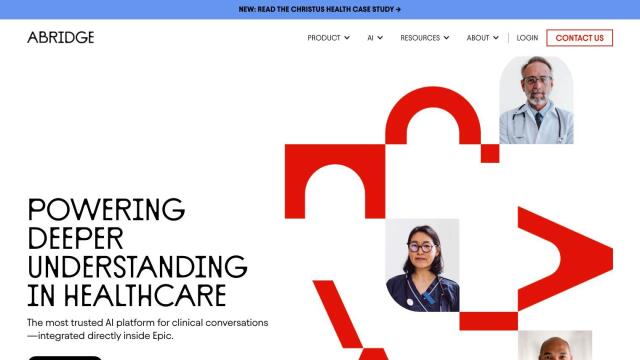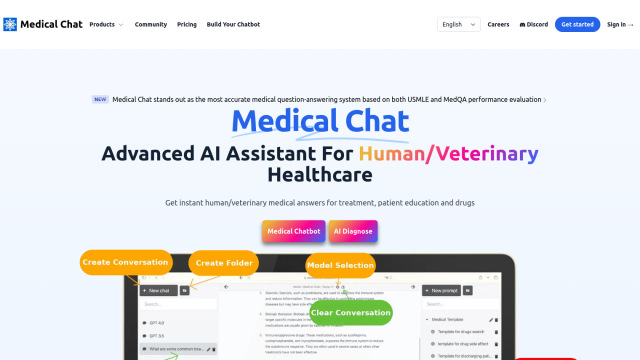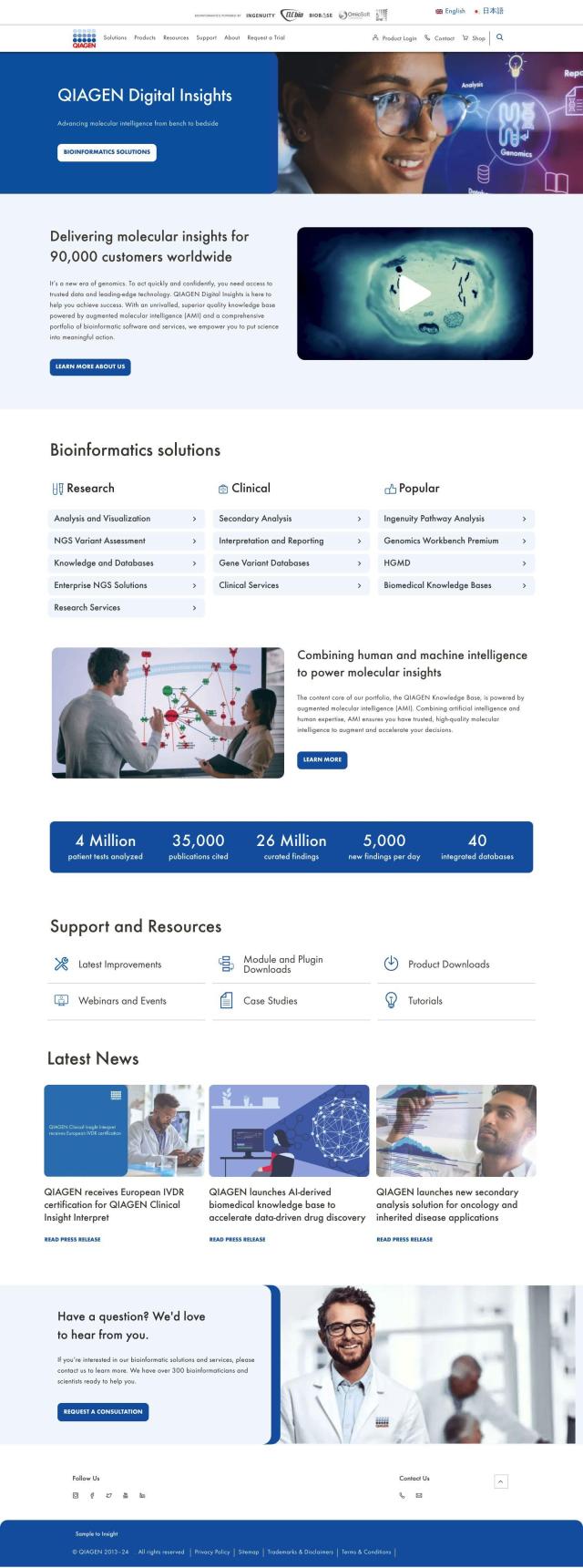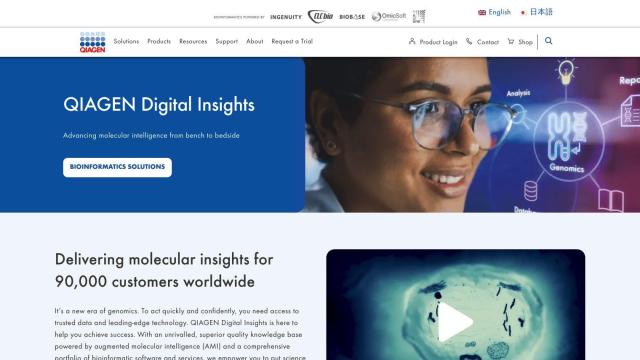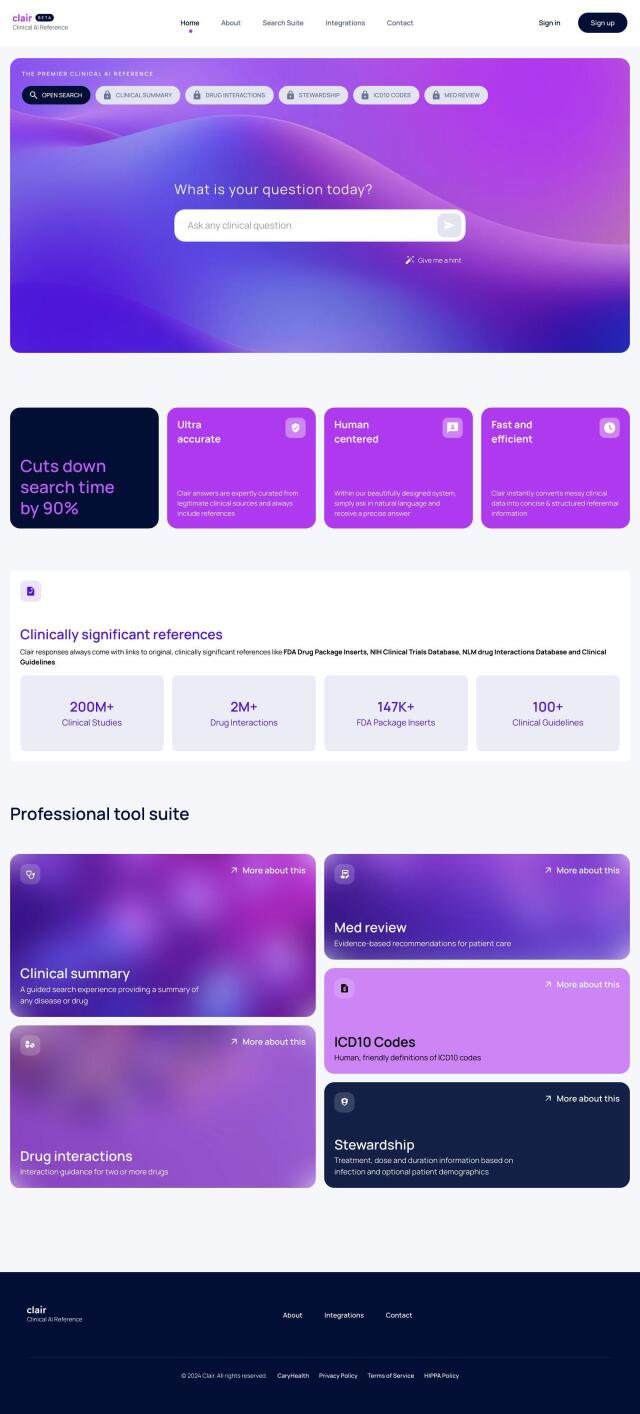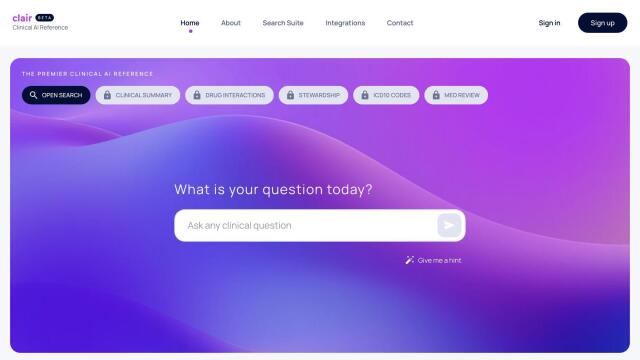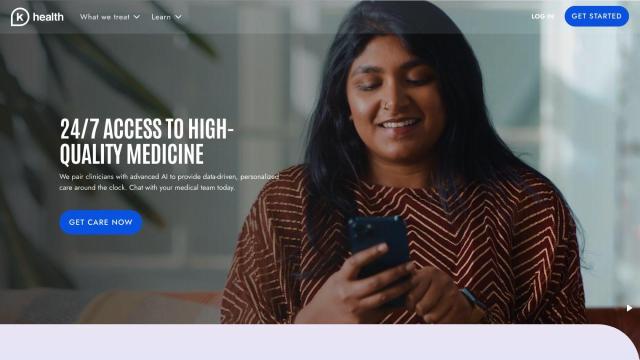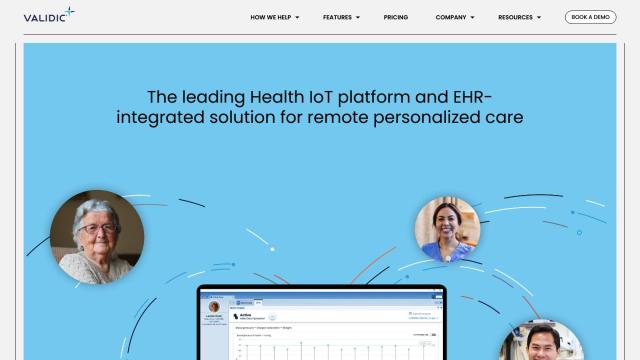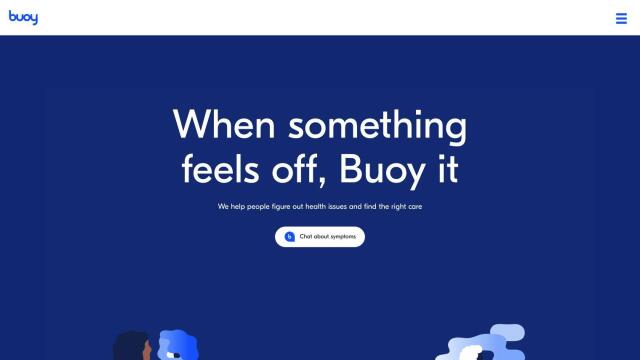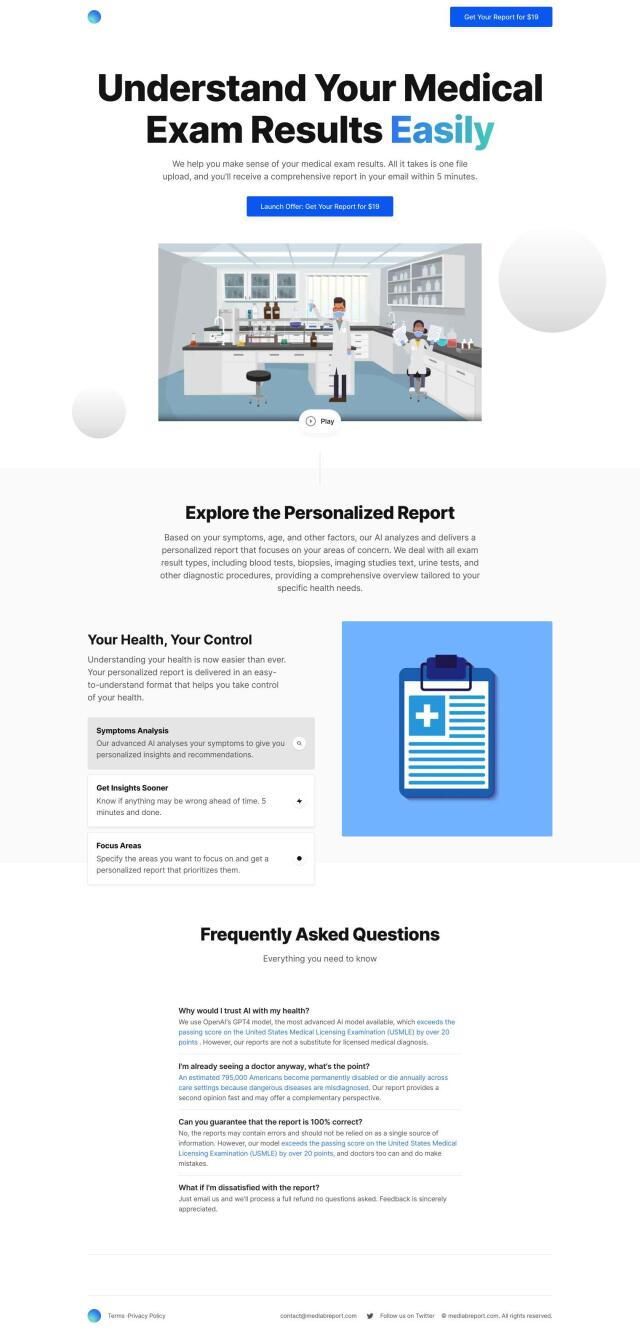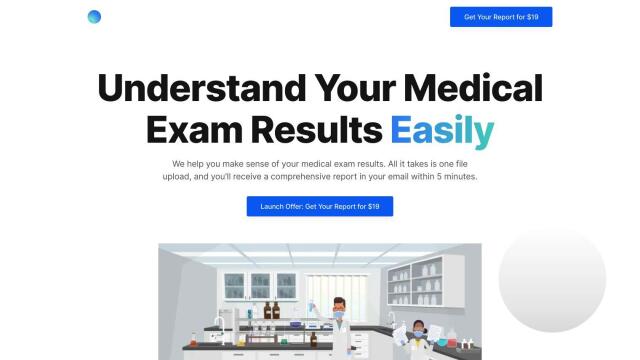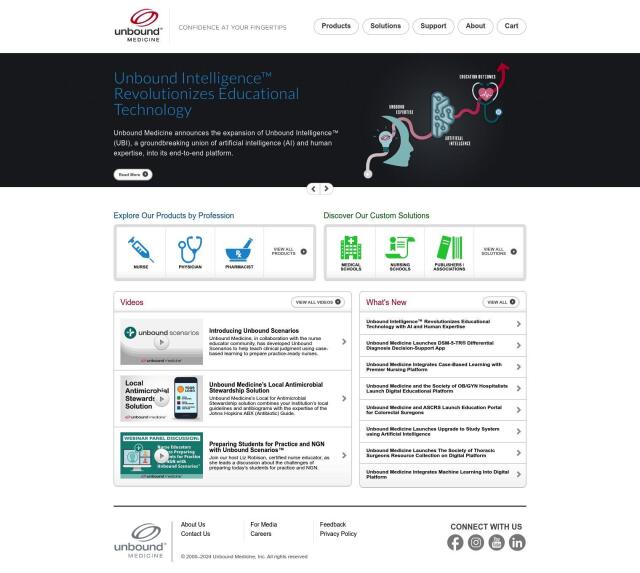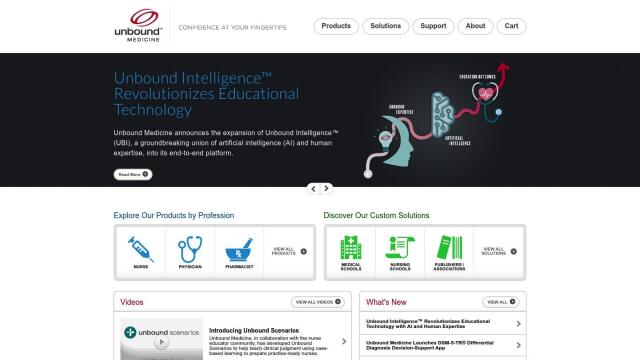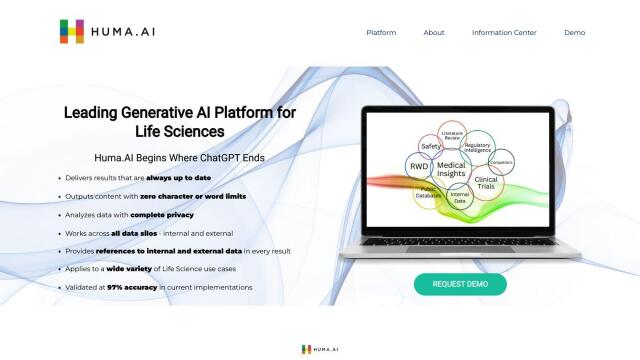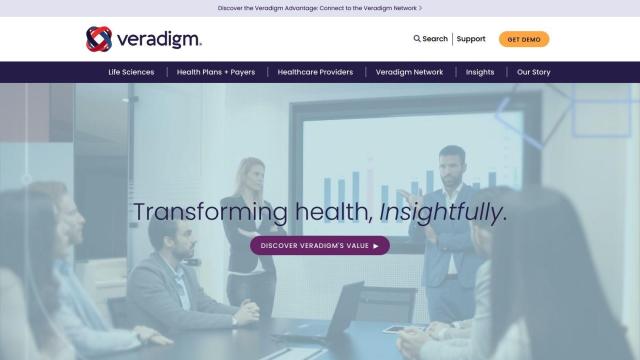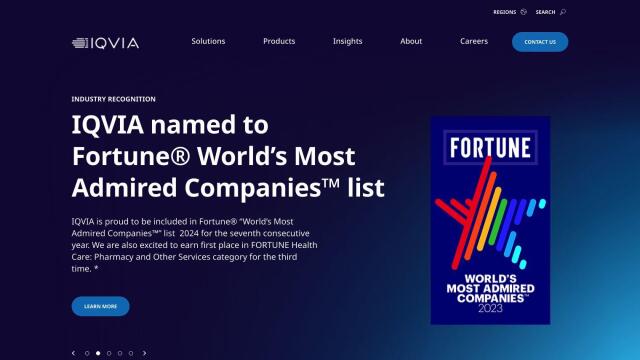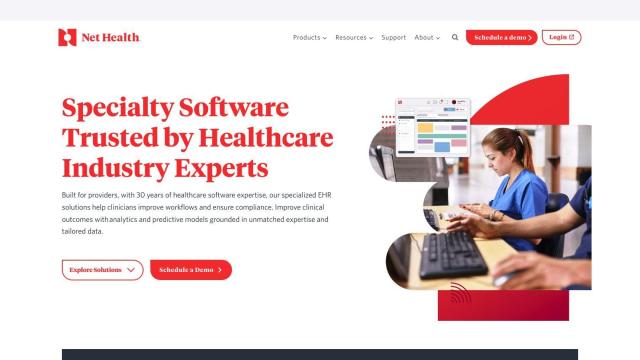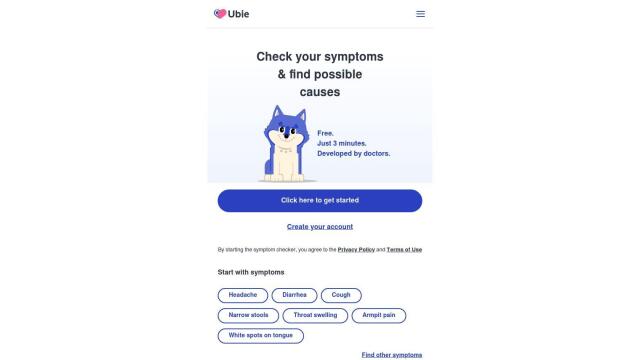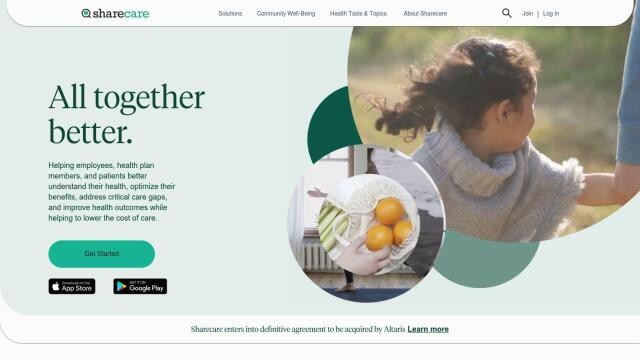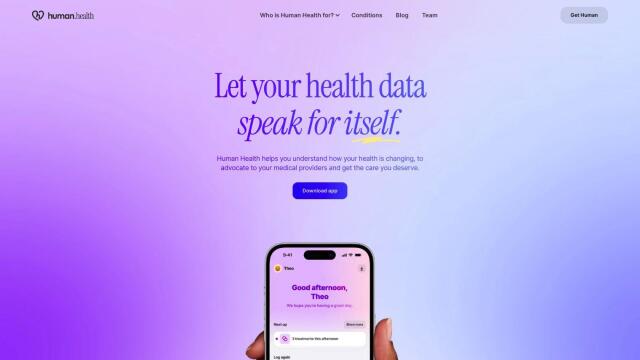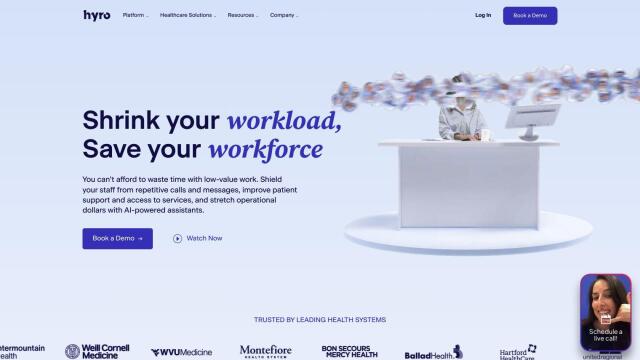Question: I'm looking for a platform that can help doctors diagnose diseases earlier by analyzing health data.
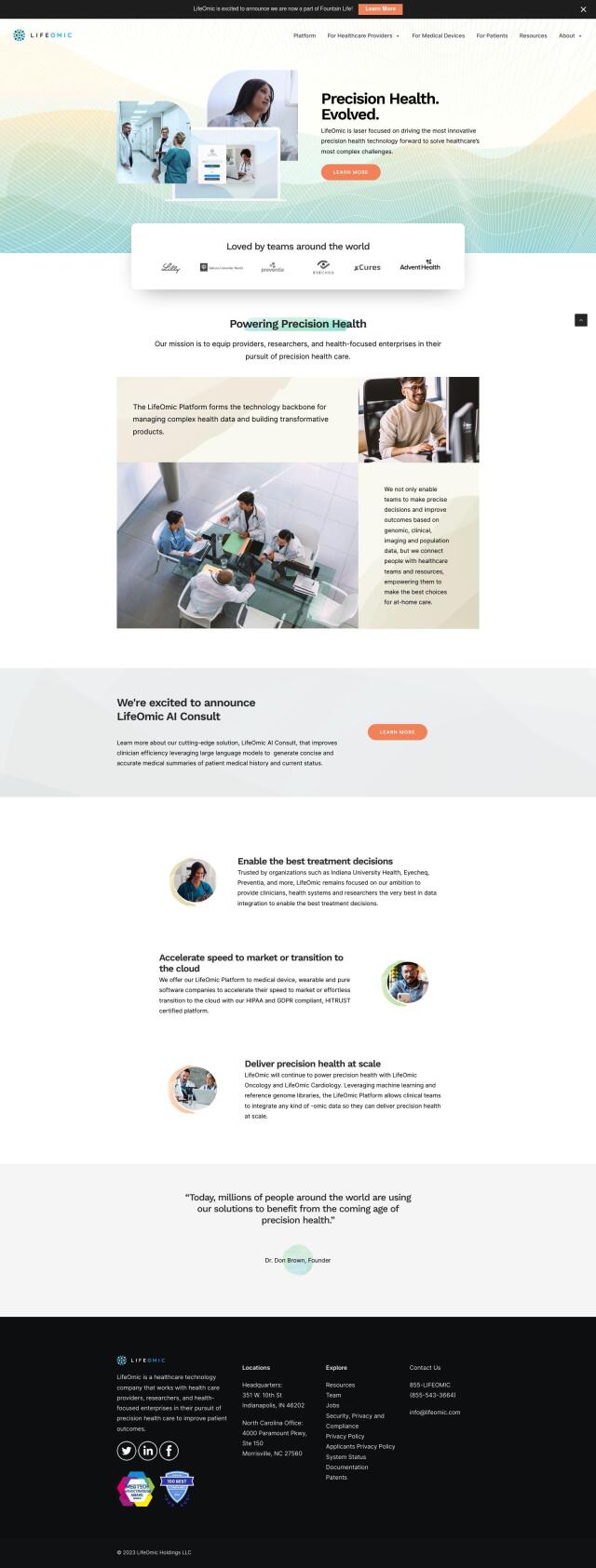
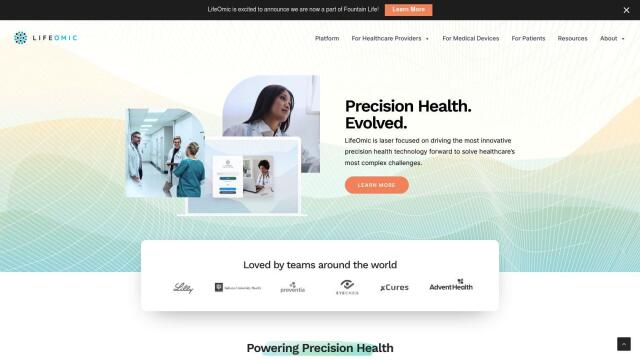
LifeOmic
If you're looking for a platform that can help doctors spot diseases sooner by analyzing health data, LifeOmic is a good example. It integrates genomic, clinical, imaging and population data to help health care providers make better decisions. LifeOmic also offers AI Consult for summarizing medical information, PrecisionOCR for extracting data from unstructured documents, and Patient Engagement for personalized care pathways.

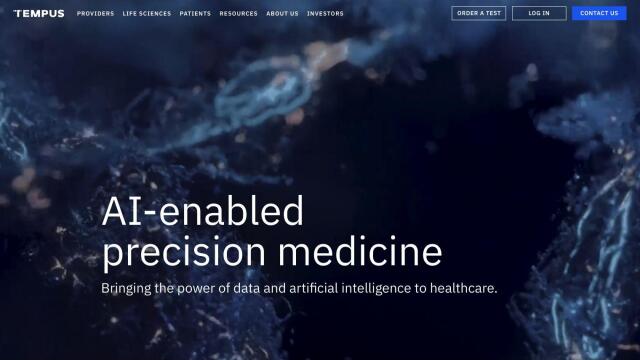
Tempus
Another good example is Tempus, an AI-based precision medicine platform designed to help with cancer treatment. It offers a clinical assistant, care gap identifier and multimodal real-world data analysis among other tools. Tempus can help doctors make better treatment decisions by offering personalized therapy options and has received FDA Breakthrough Device Designation for some of its tests.

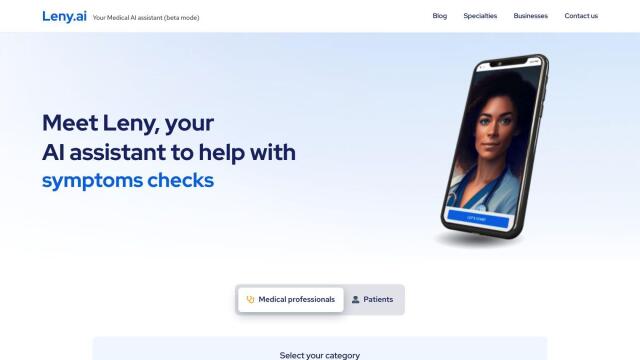
Leny
Leny and Glass are also interesting platforms. Leny offers immediate answers to medical questions and can generate differential diagnoses based on symptoms, making it a useful tool for health care professionals. Glass offers AI-based clinical decision support, letting clinicians create differential diagnoses and draft clinical plans based on patient summaries and evidence-based treatment recommendations.
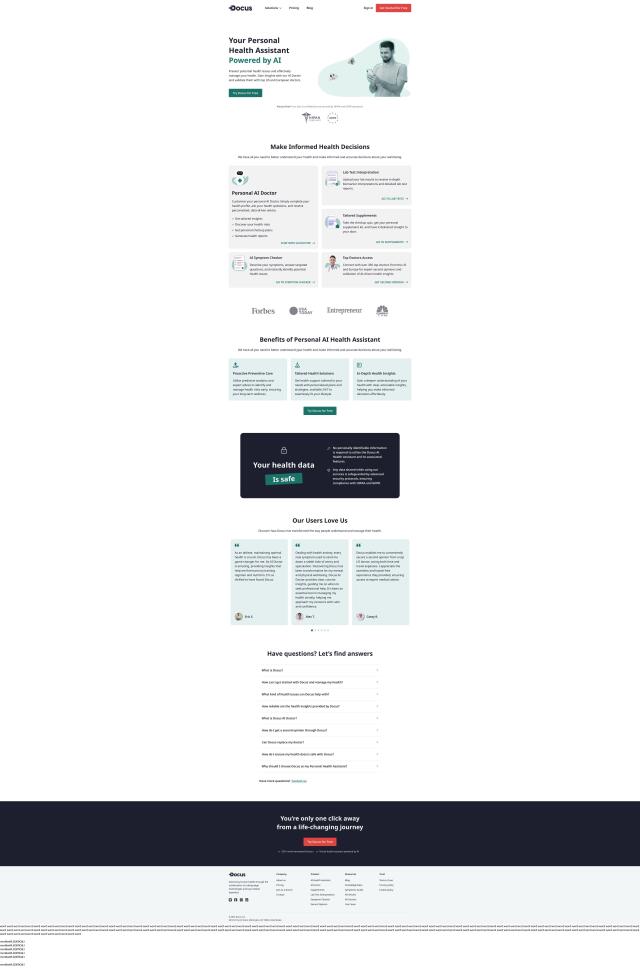
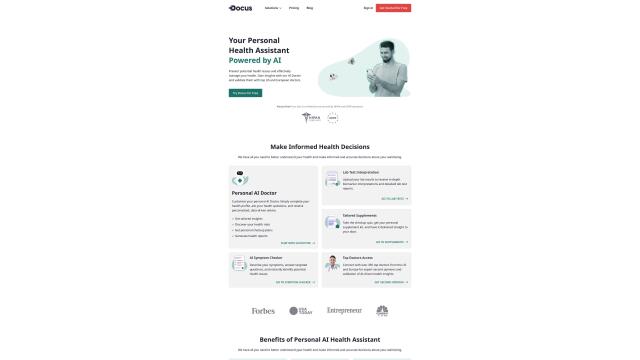
Docus
If you want a broader health perspective, check out Docus. This service offers features like an AI Doctor for real-time chat responses, lab test interpretation and personalized supplements. It's focused on proactive preventive care through predictive analytics and expert advice, offering you accurate and comprehensive health insights while keeping your data private with HIPAA compliance.

